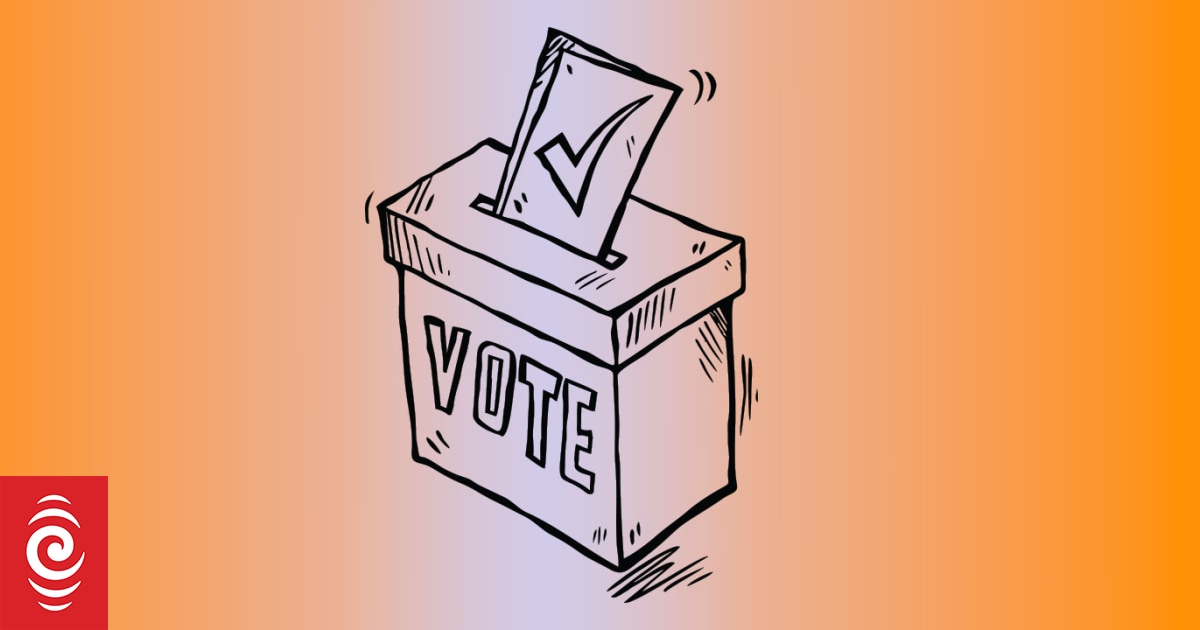Photo: RNZ
Local election printing errors affecting some councils have led to calls for reform on how future elections are done.
Māori Ward candidates were missing from profile booklets for Whanganui District Council, Ōpōtiki District Council and South Wairarapa Council.
The booklets were sent out alongside voting papers for this year’s local elections.
ElectionNZ is employed to run the election process and the council’s role is to promote the election and encourage voter participation.
The error in printing was identified and has been owned by Electoral Officer Warwick Lampp of ElectionNZ.
“Unfortunately, the error occurred in the proofing and printing process,” Lampp said.
“The buck stops with me, I take complete responsibility for the error and apologise to the candidates and Māori ward voters for any confusion.”
On Wednesday, Whanganui Māori ward candidate Julie Herewini told RNZ it was “absolutely gutting” to find that her husband did not take out pages of the profile brochure as a joke, but the booklet had simply been printed and sent out without Māori Ward candidates.
All 4810 Māori ward electors were being sent an individual letter this week with candidate profiles included, which Herewini said was not good enough.
“I don’t actually think there is a solution in this situation other than scrapping the Māori Ward referendum completely for our rohe.”
All five candidates want the referendum to be scrapped.
“How can you hold a binding referendum if people don’t have the information to make an informed decision about whether they keep it or not? So, scrapping it would hopefully ensure that the Māori ward seats are retained for this term and the next terms,” Herewini said.
Māori Ward candidate for South Wairarapa Andrea Rutene said the exclusion of South Wairarapa Māori Ward candidates in the profile booklet was a breach of article 3 of te Tiriti o Waitangi, which guaranteed Māori equal rights and participation, and was a serious failure of democratic integrity.
Only voters on the Māori roll will receive the profiles of the affected candidates which Rutene said “creates an inequitable and fragmented voting experience”.
“Especially when the community is simultaneously being asked to vote in a referendum on whether to retain the Māori ward,” she said.
On Thursday, Ōpōtiki District Council took to social media to explain its district was also affected by the error.
“This isn’t the start we wanted for our valued Māori wards, however, all steps are being taken to get us back on track,” the post read.
Election Services are reprinting the Ōpōtiki Māori Ward candidate profiles and will send these to the 1958 affected electors. It will be accompanied by a letter of apology from the Electoral Officer.
Doubly disappointing
Te Maruata, the Local Government New Zealand (LGNZ) committee of Māori elected members, said the mistake was doubly disappointing and concerning given referendums were being held concurrently for some Māori wards and constituencies.
Te Maruata co-chair Iaean Cranwell said errors like this could significantly erode public trust in local elections.
“The absence of candidate profile information compromises the ability of voters to make fully informed decisions. It also risks undermining confidence in the referendum process, where the visibility and voices of Māori ward candidates are central to the question of whether Māori wards are retained beyond this triennium.
“Te Maruata extends their support and aroha to those candidates and rohe affected by this error. While we understand the issue is being rectified urgently, we want to encourage voters to find other ways to learn about their Māori ward candidates.”
He urged people to reach out to their councils and attend ‘meet the candidate’ hui in their area, as well as viewing candidate profiles online.
LGNZ interim chief executive Scott Necklen said the issue reinforced the need for change to how local elections were run.
The Electoral Commission is not responsible for local body elections, however, LGNZ’s Electoral Reform Working Group included 20 recommendations on the future of local elections – including a call for local elections to be run by the Electoral Commission from 2028.
“New Zealand’s election services providers do a good job with the resources available, and they’ve taken responsibility for these errors. But the issues we’ve seen reinforce the need for one centralised provider to run local elections, to provide consistency for all candidates and voters.”
Sign up for Ngā Pitopito Kōrero, a daily newsletter curated by our editors and delivered straight to your inbox every weekday.

